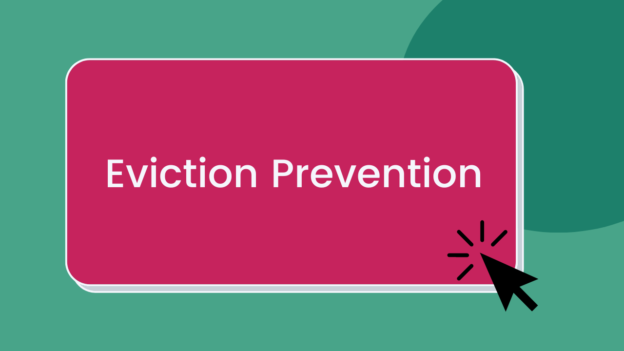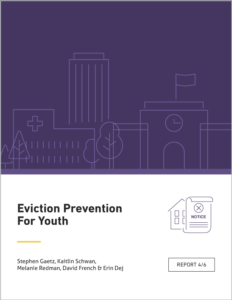Training Content
TRAINING content

Acknowledgments
Instructional Design by Karen Bosworth, COH.
Materials
Eviction prevention is one of the five pillars of the COH’s prevention framework. Poverty and the lack of affordable housing are the primary structural factors leading to nonpayment of rent and eventual eviction. Eviction is often identified as a root cause of homelessness. Homelessness prevention strategies often focus on eviction prevention and housing stabilization.
Gaetz, S., Schwan, K., Redman, M., French, D., & Dej, E. (2018). Report 4: Eviction Prevention for Youth. A. Buchnea (Ed.). Toronto, ON: Canadian Observatory on Homelessness Press.
This report is part of a series of six reports drawn from:
Gaetz, S., Schwan, K., Redman, M., French, D., & Dej, E. (2018). The Roadmap for the Prevention of Youth Homelessness. A. Buchnea (Ed.). Toronto, ON: Canadian Observatory on Homelessness Press.

